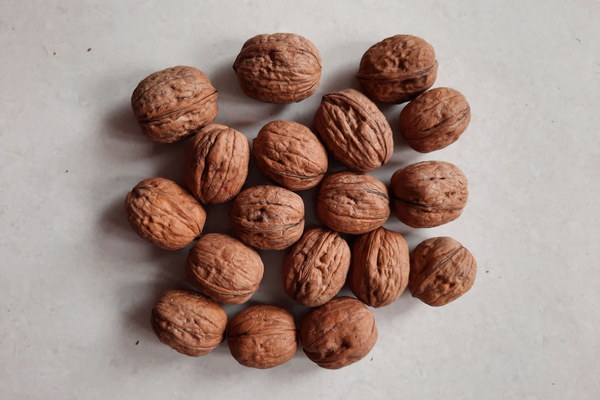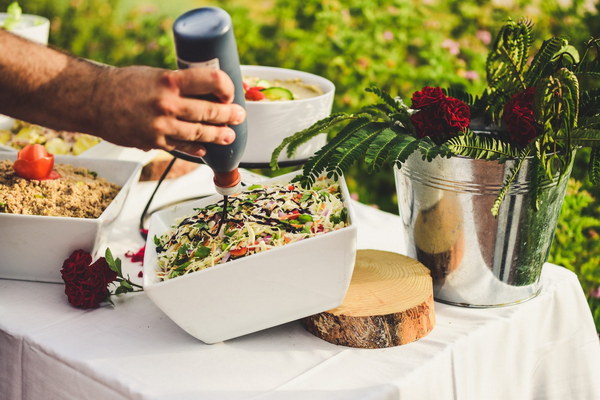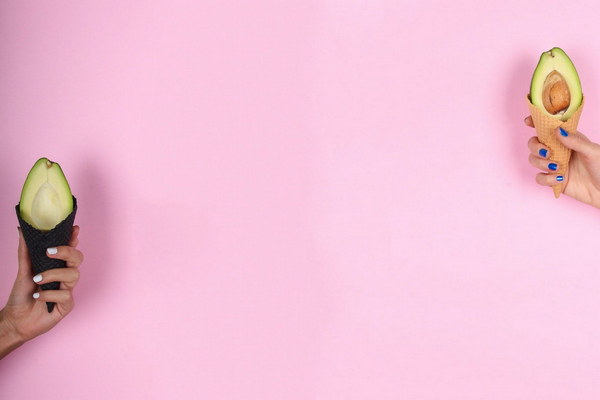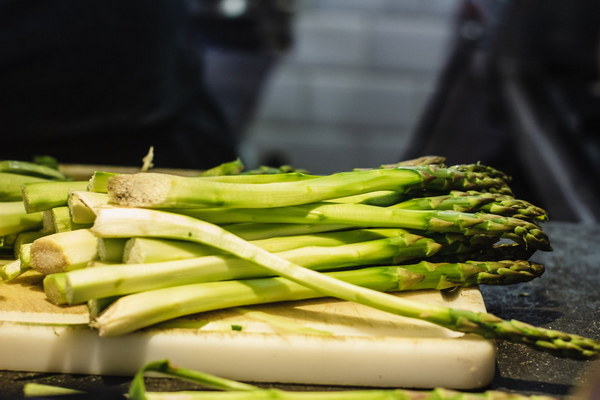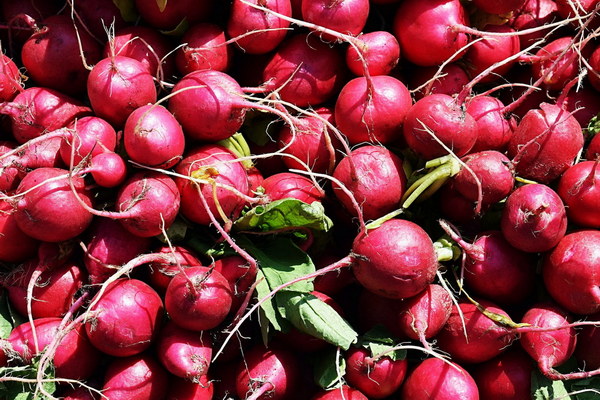Natural Remedies and Lifestyle Adjustments for Managing Vitiligo
Vitiligo is a skin condition characterized by the loss of skin color in patches. It can affect any part of the body and often causes distress to those who suffer from it. While there is no permanent cure for vitiligo, there are several natural remedies and lifestyle adjustments that can help manage the condition. In this article, we will discuss some effective strategies to deal with vitiligo.
1. Sun protection
Sunlight can exacerbate the symptoms of vitiligo, so it is crucial to protect your skin from harmful UV rays. Apply a broad-spectrum sunscreen with an SPF of 30 or higher to all exposed skin daily. Additionally, wearing protective clothing, wide-brimmed hats, and sunglasses can provide an extra layer of defense against the sun.
2. Topical treatments
Topical treatments can help control the spread of vitiligo and restore color to affected areas. Some common options include:
- Steroid creams: These can reduce inflammation and promote repigmentation. However, they may cause side effects such as skin thinning and bruising.
- Coal tar: This natural treatment can slow the progression of vitiligo and repigment the skin. It may cause mild irritation, but it is generally well-tolerated.
- Psoralen and ultraviolet A (PUVA) therapy: This combination treatment involves applying a medication to the skin that makes it more sensitive to sunlight, followed by exposure to UV light. It can help repigment the skin but may cause skin irritation and an increased risk of skin cancer.
3. Natural remedies
Several natural remedies have been reported to help manage vitiligo. Some of these include:
- Vitamin D: This nutrient is essential for healthy skin and may help regulate pigmentation. You can get vitamin D from sunlight, supplements, and certain foods like fatty fish and fortified milk.
- Copper: Copper plays a vital role in the production of melanin, the pigment responsible for skin color. Taking copper supplements or incorporating copper-rich foods into your diet may help.
- Myrrh: This natural oil has been used traditionally to treat vitiligo. Apply it topically to the affected areas as directed by your healthcare provider.

- Turmeric: This spice contains curcumin, a compound that has anti-inflammatory and antioxidant properties. You can consume turmeric in your diet or apply it topically to the affected areas.
4. Lifestyle adjustments
Making certain lifestyle changes can also help manage vitiligo:
- Stress reduction: Stress can exacerbate the symptoms of vitiligo. Practice stress-reducing techniques such as meditation, yoga, or deep breathing exercises.
- Sleep: Ensure you get adequate sleep, as poor sleep quality can contribute to stress and inflammation.
- Diet: Eat a balanced diet rich in fruits, vegetables, whole grains, lean protein, and healthy fats. Some studies suggest that certain nutrients, such as those found in fish oil, may help manage vitiligo.
5. Support and self-care
Living with vitiligo can be challenging, both emotionally and physically. It is essential to seek support from friends, family, or support groups. Additionally, practicing self-care and embracing your unique appearance can help you cope with the condition.
In conclusion, while there is no permanent cure for vitiligo, there are various natural remedies and lifestyle adjustments that can help manage the condition. By combining these strategies, you can improve your quality of life and minimize the impact of vitiligo on your daily life. Always consult with a healthcare provider before starting any new treatment or making significant lifestyle changes.
